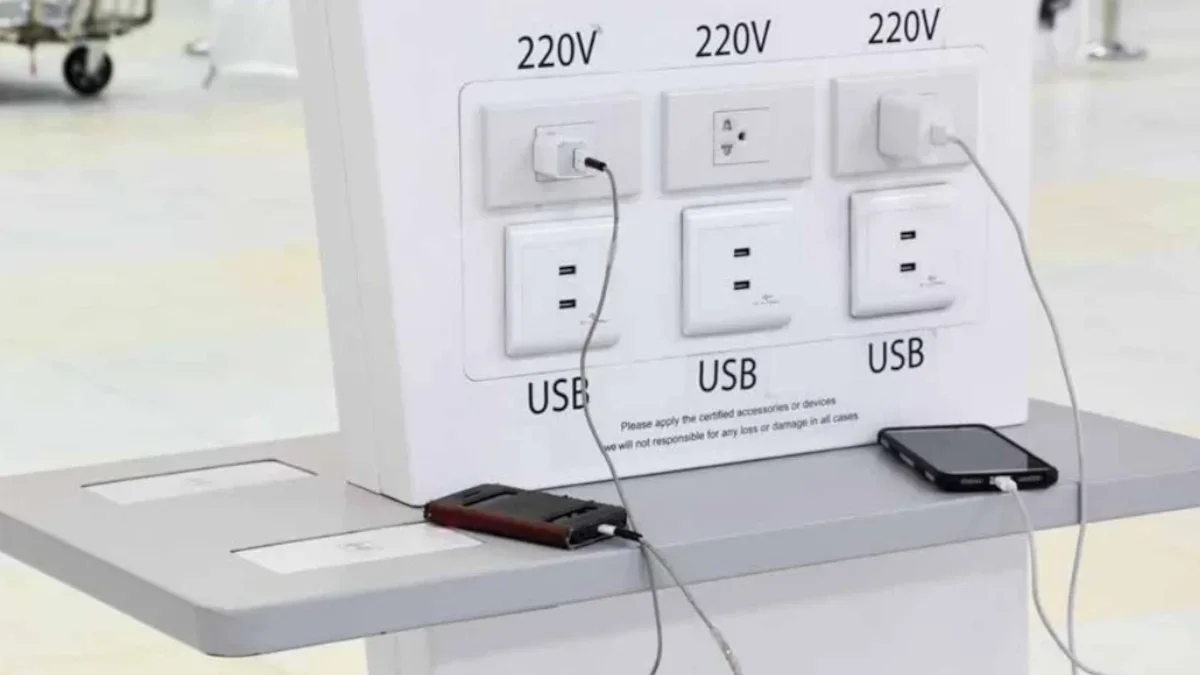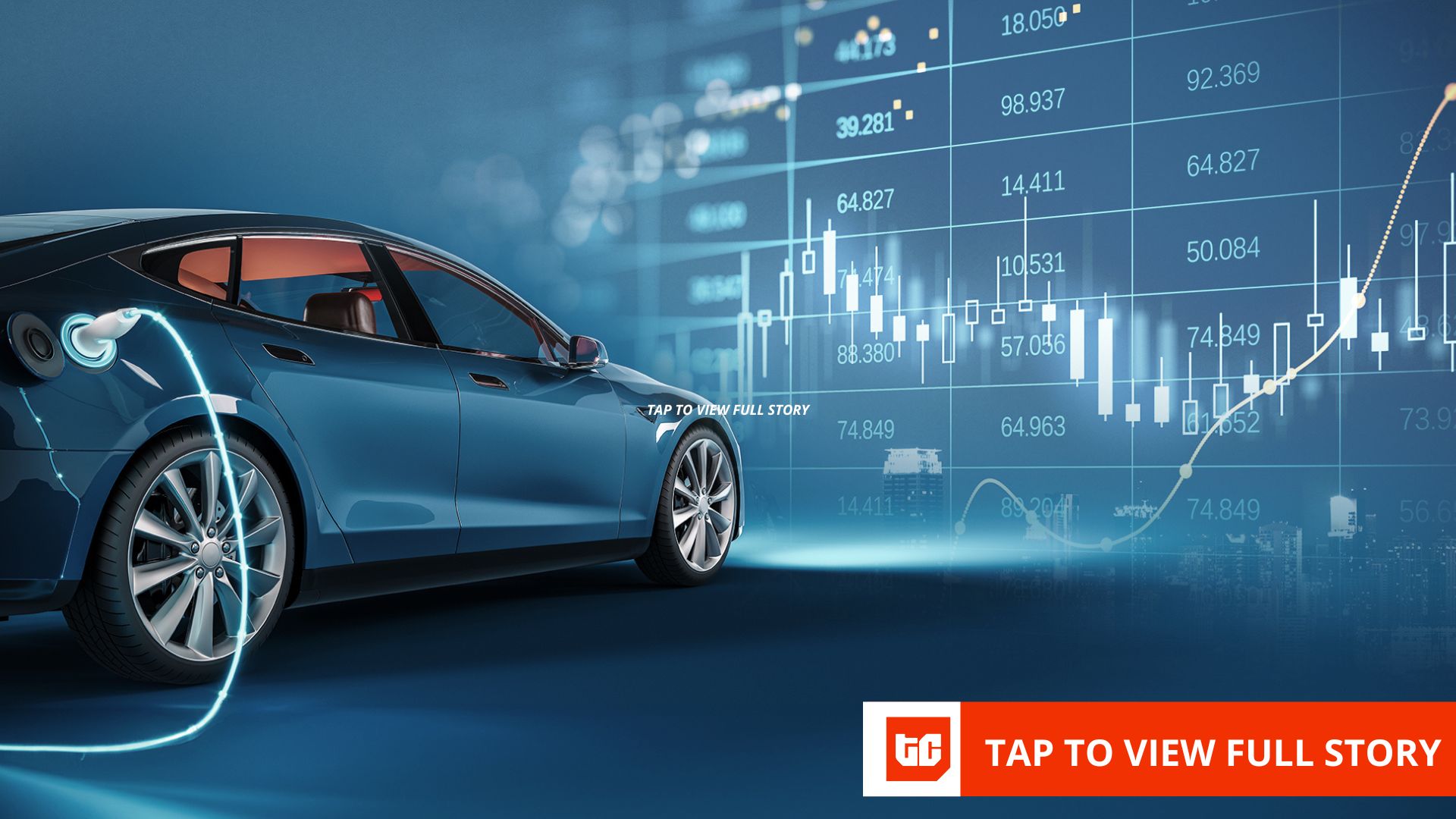Google’s warning about using public Wi-Fi mirrors a warning made during the summer by the TSA
Piggybacking on public Wi-Fi can be dangerous
Using public Wi-Fi can result in you becoming a victim to a man-in-the-middle attack where an attacker gets in the middle of communication between your phone and the server you are trying to connect to (like your bank’s website, for example). Using public Wi-Fi can also result in you connecting to a fake Wi-Fi signal that uses a similar name to a legit one such as “Airport Free Wi-Fi” or “Starbucks Guest.”
The warning made by the TSA s controversial as the Federal Trade Commission (FTC) takes the other side. “Public Wi-Fi networks, or hotspots, in coffee shops, malls, airports, hotels, and other places are convenient,” the FTC says. “In the early days of the internet, they often weren’t secure, things have changed.”
The Agency adds, “In the past, if you used a public Wi-Fi network to get online, your information was at risk. That’s because most websites didn’t use encryption to scramble the data and protect it from hackers snooping on the network.” Things have changed and the FTC says that today, “Most websites do use encryption to protect your information. Because of the widespread use of encryption, connecting through a public Wi-Fi network is usually safe.”
Tips to stay safe when using public Wi-Fi and public charging
The Transportation Security Administration not only told travelers to avoid public Wi-Fi, it also recommended that they stay away from public charging stations. The public charging stations can have your phone connect with a compromised port stealing personal information from you. Not only can a compromised port steal data from you, but they can also inject malware into your device.
Here are some tips to follow to improve the odds that you’ll connect to public Wi-Fi and a public charging station without any issues. When using public Wi-Fi:
- Use a secure VPN (Virtual Private Network) which means that you should stay away from VPN’s from China, or those offered by unknown developers. Free VPNs and Chinese VPNs can be more dangerous than no VPN at all.
- Only browse websites that start with a lock icon in the address bar and have a web address starting with “https.” This guarantees that your connection to that website will be encrypted even if the Wi-Fi network you’re connected to is not.
- Check the W-Fi identifier before connecting to the Wi-Fi signal. If it is connected to a hotel, mall, or airport, make sure you are about to hook up with the official network for that location.
- Disable any auto-connections to public or unknown Wi-Fi connections.
Tips for using Public charging stations include:
- The safest charging is to use a standard wall outlet with your own wall charger and cable.
- Carry a fully charged power bank to avoid using a public charging station.
- Use a USB data blocker that is placed between your cable and the public USB port. It allows you to use a public USB port for charging while blocking data transfers.
- If your device prompts you when connecting to an unknown USB source, always select “Charge only,” or “No Data Transfer.”









